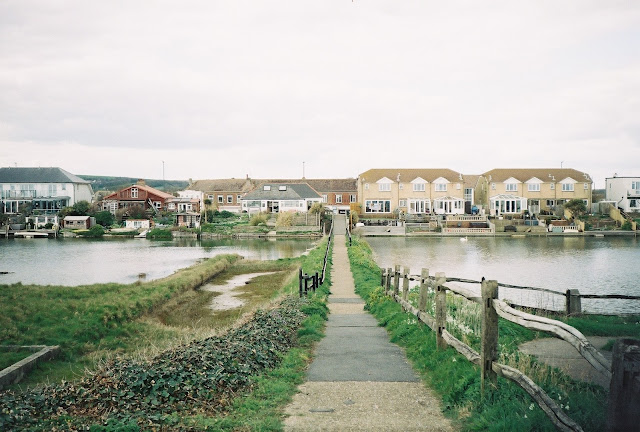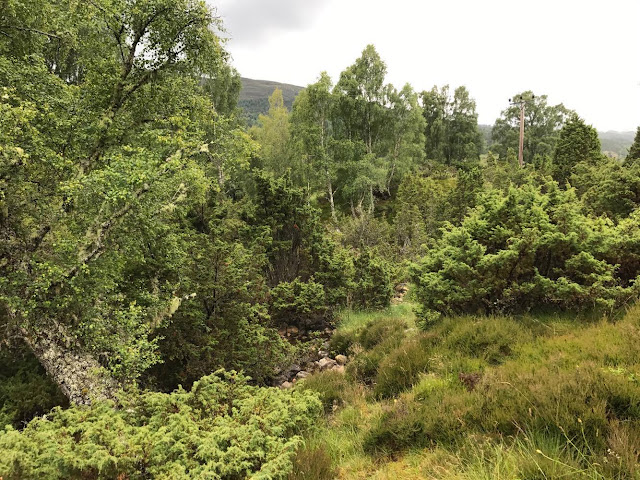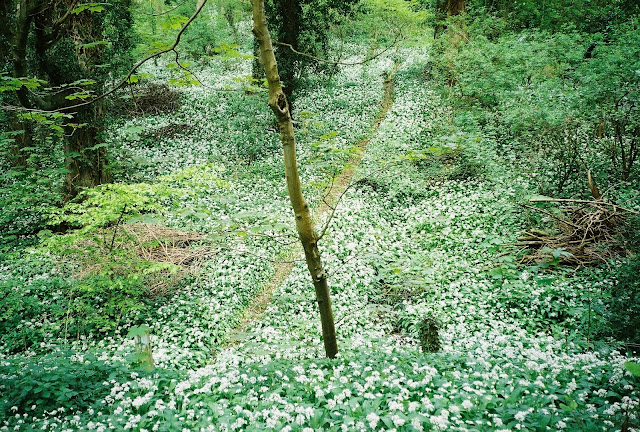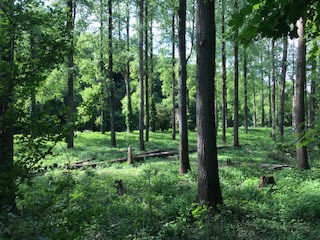Living in the End Times is Strange
Obviously we do not want to believe that the apocalypse is
upon us, but our current era is ticking a lot of boxes. A massive extinction
event is underway globally; natural landscapes including rainforest are
increasingly torn apart to make way for crop monocultures and anthropocentric land
management; the climate is shifting into human-induced instability. For humans
there are impending crises of overpopulation, fertile land availability, and
water purity. Yet, we are trundling on.
Yes,
certain concerns get thrust into the public eye, like the endangerment of
charming mammals or marine plastic pollution, but the whole, the entirety,
should be much more concerning than it is treated. I feel this is partly
because the kind of apocalypse that our literature, art, film and religion
prepares us for is dramatic, sudden, definite, universal, and possibly
glamorous.
You only
have to think about your daily routine to realise that, if this is the end
times, they are far from that definition. They are boring, they are humdrum.
Timothy Morton writes frequently about this era as our end times, and how it is
this long, drawn-out process that is more boring and frustrating than terrifying
and sudden. Slavoj Žižek also writes about our approach to the ecological
apocalypse, citing that given a climatic event, we are simply looking at how we
can continue around the corner; prospective eyes see an unfrozen arctic as a
clear gateway for shipping routes, and a soon-to-be revealed Antarctic land
mass as a new territory with unknown fertility. To me, this kind of approach to
apocalyptic news shows a framed and limp societal imagination.
It feels as
though governments and lump society lack the imagination to drop the tackle,
the unnecessary baggage that has been created in and of themselves, and get to
grips with the true, physical and immediate task of repairing our ecological
networks and cultures so that these aren’t the end times. Of course there are
individuals and organisations who are making great leaps for the true cause;
consider those developing eco-friendly plastic alternatives. But the
implementation of these alternatives is impeded by the constraints of economic
and cultural imagination; fast action is needed, but instead we get grinding
negotiation and PR missives. Real changes can’t happen because money and
political support from dangerously precidented businesses such as fossil fuel
interests, Monsanto, and big brands such as Nestle and Coca Cola are needed.
Obviously
you can sound like a bit of dickhead telling someone that the things they
value, the things that they think are important, are not, that they represent
an infantile imagination in the face of the gargantuan, but I still can’t help
feeling that a society getting hungrier, thirstier, with ecological webs
degrading and the rich diversity of lives on Earth dwindling, requires a
proactive imagination that isn’t hinged on shiny cars or next seasons wardrobe.




Comments
Post a Comment